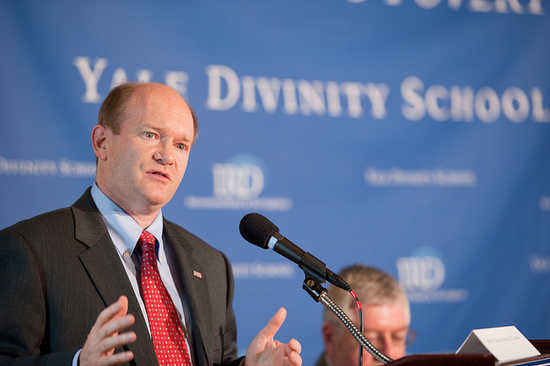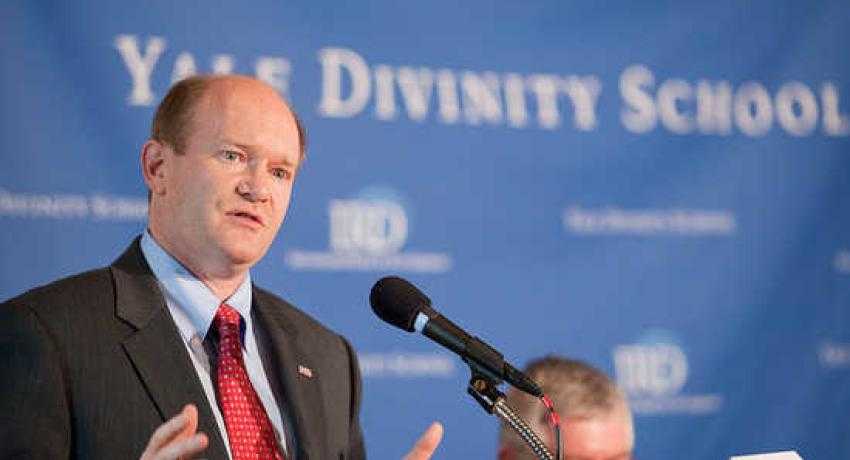Bill could give renewables same trade and tax advantages as fossil fuels
 A piece of legislation introduced in the Senate last week could make financing solar energy projects as affordable as funding oil, natural gas and coal operations.
A piece of legislation introduced in the Senate last week could make financing solar energy projects as affordable as funding oil, natural gas and coal operations.
U.S. Senators Chris Coons (D-Del.), Jerry Moran (R-Kan.) and Debbie Stabenow (D-Mich.) introduced the bipartisan Master Limited Partnership Parity Act on April 24.
The act comes at a time when the conversation about making solar energy more affordable has turned from the actual cost of the products to soft costs, including the high cost of capital.
The act would allow renewable energy companies to use a business structure currently reserved only for oil, natural gas and coal companies that are taxed like partnerships, but whose ownership interests trade like corporate stock on a market.
Energy companies have been allowed to use the best-of-both-worlds structure for decades because their infrastructure projects demand large capital investments and they need to be liquid, but have enjoyed the lower tax rate of a partnership as a favor from a government hungry for cheap energy.
The legislation “levels the playing field to help clean and renewable energy projects compete fairly with traditional energy projects,” Senator Coons said in a statement. “This market-driven solution supports the all-of-the-above energy strategy we need to power our country for generations to come. Our legislation will unleash private capital, create jobs and modernize our tax code.”
He said the bill, which is the second iteration of a piece of legislation originally introduced in 2012, has generated broad support from both sides of the political aisle along with economists, academics and business leaders.
The International District Energy Association released a statement this week supporting the legislation.
“By providing a new source of liquid private capital, the Act can play a vital role in strengthening the infrastructure of our nation’s cities, communities, institutions and military bases,” said Robert P. Thornton, president and CEO of IDEA, a Massachusetts-based organization.




